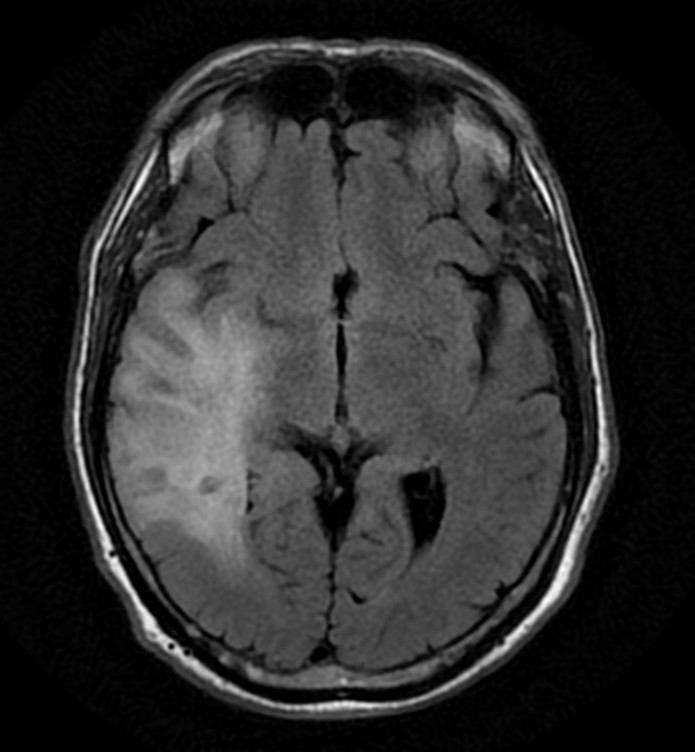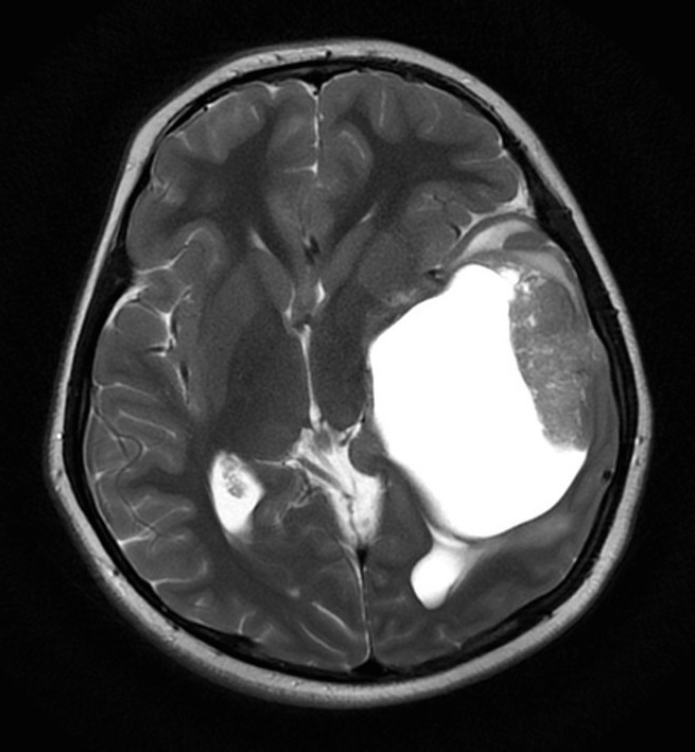The causes of brain tumors are not fully understood, but risk factors include radiation exposure, genetic disorders, a family history of tumors, diseases that affect the immune system, stress, and exposure to various environmental carcinogens.
It is thought that brain tumors occur as a result of damage or improper function of specific genes located in the chromosomes of cells. This damage or dysfunction in genes can occur as a result of various environmental factors, as well as being congenital due to genetic disorders in some individuals. When the mechanisms that control cell division are damaged, cells begin to divide and multiply uncontrollably and eventually form an abnormal mass, that is, a tumor. A rapidly growing tumor requires more oxygen and nutrients than normal tissue. Therefore, the tumor produces substances that stimulate the growth of blood vessels to meet its own needs for nourishment and oxygen.
Brain tumors are divided into two main groups: primary (originating from brain tissue) and metastatic (spread to the brain from elsewhere in the body). Primary brain tumors arise either from the brain tissue or the tissues surrounding it. Additionally, while metastatic tumors are considered malignant (cancerous), primary brain tumors can be malignant or benign (non-cancerous).


The symptoms of brain tumors vary greatly depending on the location in the brain. Accompanying symptoms are usually headache that is more severe in the morning, nausea, vomiting, epileptic seizures, personality changes, speech disturbances, hearing impairments, balance disturbances, numbness or weakness in parts of the body, vision problems, and consciousness impairment.
Various imaging techniques such as computed tomography (CT) and magnetic resonance imaging (MRI) are used for diagnosis.
Treatment methods for brain tumors may involve microsurgery, radiosurgery (gamma knife, cyber knife), radiotherapy (standard external radiotherapy, IMRT, 3DCRT, proton beam therapy), and chemotherapy (drug therapy), either alone or in combination, depending on the tumor type (primary or metastatic, benign or malignant).Each treatment method has its own specific risks and side effects. In addition to these treatment methods, there are also emerging techniques still in the research phase, such as immunotherapy and gene therapy.

Herniated Discs Herniated discs in the neck (cervical), back (lumbar), or more rarely in the mid-back (thoracic) are illness caused by degeneration of structures called discs located between the spinal bones, due to various reasons such as trauma, heavy lifting, excess weight, aging, poor posture, and genetic predisposition. Following the degeneration of the annulus of […]
View in Detail
Spondylolisthesis (Spinal Dislocation) Spondylolisthesis, or spinal displacement, is the displacement of one or more vertebrae in the spine that are normally aligned, due to various reasons. This displacement can occur forwards, backwards, to the right, or to the left, affecting the neck, back, or lower back. It can occur in a single vertebra or multiple […]
View in Detail
Spinal Stenosis (Spinal Canal Narrowing) Spinal stenosis mostly occurs due to degenerative changes associated with aging, which puts pressure on the spinal cord. As a person ages, the water content in the discs decreases, reducing disc height and narrowing the space between the vertebrae. The disc loses its flexibility and ability to absorb shocks to […]
View in Detail
Carpal Tunnel Syndrome Carpal tunnel syndrome is a condition that occurs when the median nerve, one of the major nerves in the hand, is compressed and subjected to pressure within a structure called the carpal tunnel at the wrist level, due to various reasons. Causes include repetitive hand and wrist movements (computer use, playing musical […]
View in Detail
Cubital Tunnel Syndrome Cubital tunnel syndrome is a condition that occurs when the ulnar nerve, one of the three main nerves in the hand, becomes compressed or exposed to pressure at the elbow region. The nerve travels between two bony protrusions on the inner side of our elbow and passes through a structure called the […]
View in Detail
Brain Tumors The causes of brain tumors are not fully understood, but risk factors include radiation exposure, genetic disorders, a family history of tumors, diseases that affect the immune system, stress, and exposure to various environmental carcinogens. It is thought that brain tumors occur as a result of damage or improper function of specific genes […]
View in Detail
Pituitary Tumors Pituitary tumor occurs as a result of abnormal growth or proliferation of cells in the pituitary gland (an endocrine gland located in the brain). Depending on the type, size, and location of the tumor, various symptoms may occur. Pituitary tumors are divided into two groups: functional and nonfunctional tumors. Functional tumors cause hormonal […]
View in Detail